Asit K. Biswas
Asit K. Biswas is Visiting Professor of Engineering at the University of Glasgow, Chairman of Water Management International Pte. Ltd. in Singapore, and co-founder of the Third World Center for Water Management. He was a founder of the International Water Resources Association and World Water Council.
-
A COVID-19 Bridge Over Troubled Water?
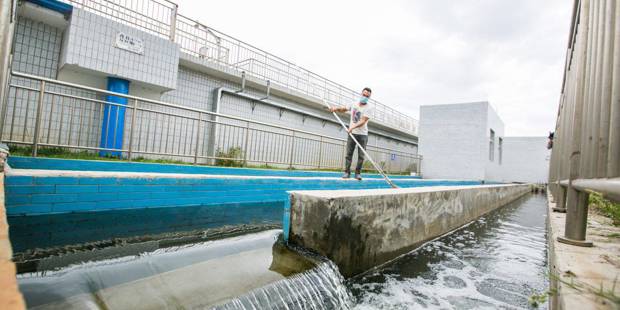
A COVID-19 Bridge Over Troubled Water?
Jul 20, 2020 Cecilia Tortajada & Asit K. Biswas consider how the pandemic could accelerate progress toward universal access to clean water supplies.
-
The Evolution of Chinese Corporate Social Responsibility
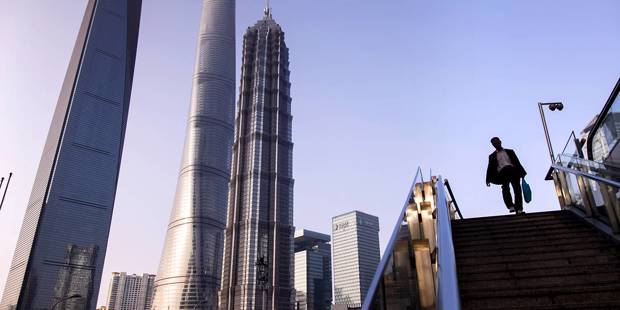
The Evolution of Chinese Corporate Social Responsibility
Dec 9, 2019 Asit K. Biswas & Cecilia Tortajada examine the country's progress on implementing environmental, social, and governance standards.
-
China Should Lead on Air Pollution
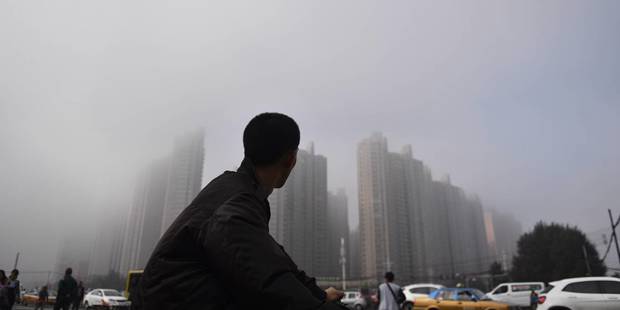
China Should Lead on Air Pollution
Jun 6, 2019 Asit K. Biswas & Kris Hartley call on policymakers to use the country's advantages to set the global standard for sustainable urbanization.
-
Africa’s Manmade Water Crisis
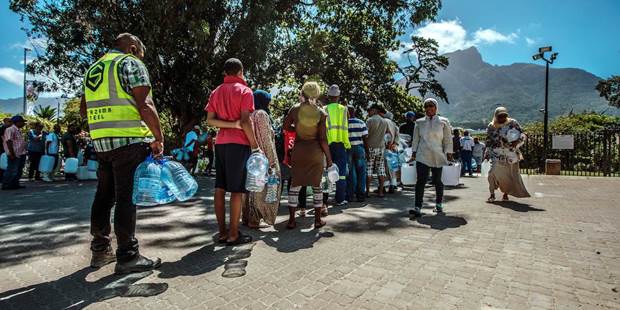
Africa’s Manmade Water Crisis
Feb 20, 2018 Asit K. Biswas & Cecilia Tortajada see crucial lessons for the continent's cities in the imminent shutdown of Cape Town's piped network.
-
A Chinese Model for Foreign Aid
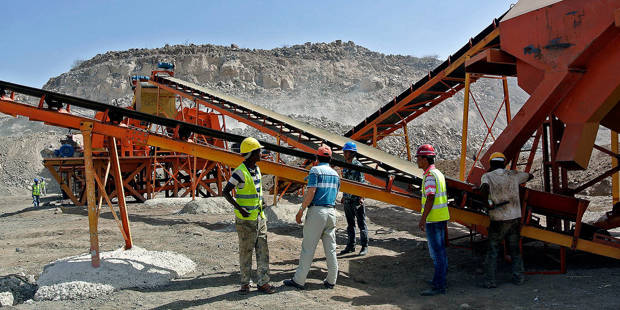
A Chinese Model for Foreign Aid
Oct 17, 2017 Asit K. Biswas & Kris Hartley argue that with the US and Europe cutting development spending, Chinese leadership has become indispensable.








